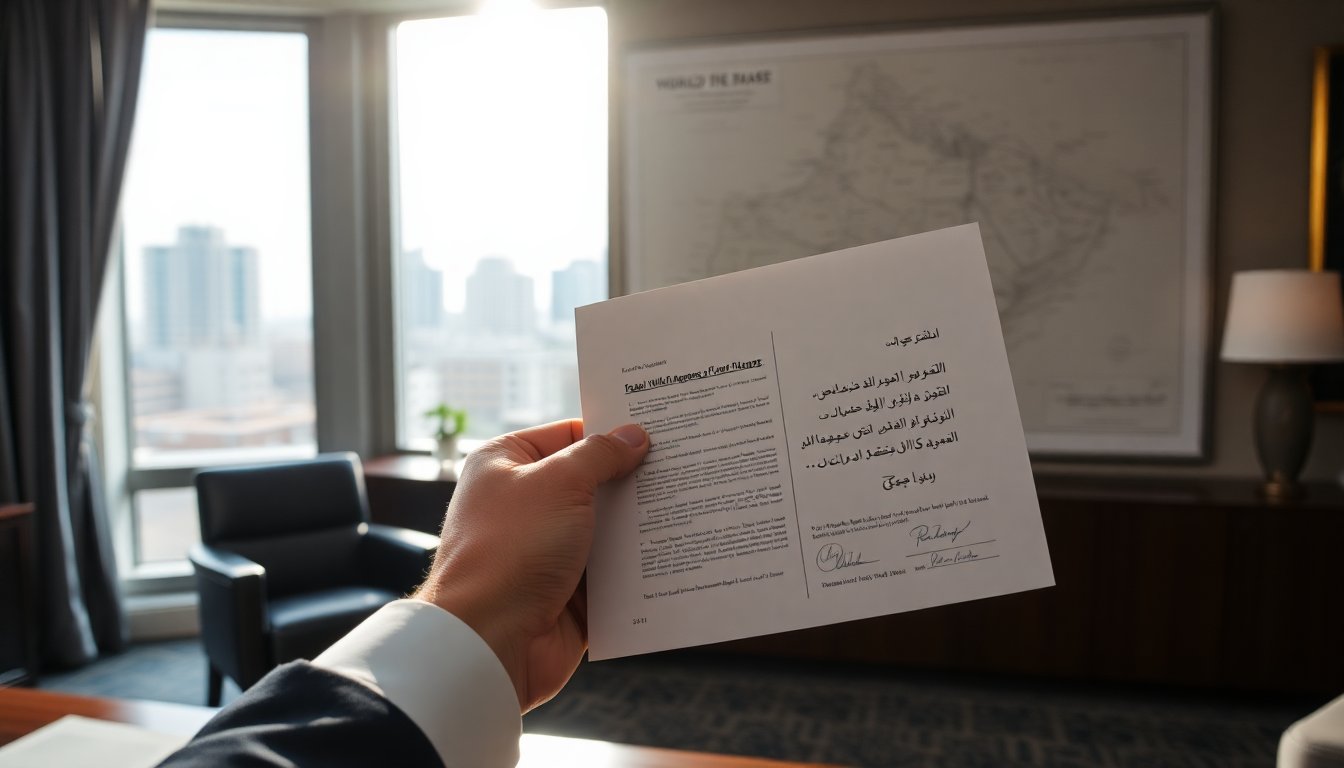Table of Contents
In recent developments surrounding the Gaza conflict, the agreement reached between Israel and Hamas has ignited discussions about its humanitarian implications and potential political ramifications for U.S. President Donald Trump. This diplomatic maneuver may stand as one of the most significant achievements of his administration, particularly as it aims to facilitate the return of hostages held by Hamas since the attacks on October 7 while ensuring a withdrawal of Israeli forces from Gaza.
Despite the challenges ahead in implementing this deal, whether it represents an enduring peace, as Trump has suggested, remains uncertain. However, even some of his staunchest opponents are beginning to acknowledge his role in this development.
Trump’s diplomatic breakthrough
One notable figure who has shifted his stance is John Bolton, a former national security adviser to Trump who parted ways with the administration in 2019. Bolton, who has been critical of Trump in the past, stated that the White House “deserves credit” for facilitating the agreement. This marks a significant shift in narrative, as many had expected Trump’s attempts to mediate would falter, as they had in the past.
In a recent interview, Bolton suggested that if the ceasefire holds, Trump could potentially be in the running for the Nobel Peace Prize next year. This comes despite this year’s award going to Venezuelan opposition leader Maria Corina Machado. Bolton’s comments highlight the shifting perceptions of Trump’s diplomatic efforts, especially if concrete results emerge from the ongoing negotiations.
Challenges and criticisms
Historically, Trump has faced skepticism regarding his ability to navigate complex international conflicts. The collapse of a ceasefire early in President Biden’s administration serves as a backdrop to the current situation. For months, Trump’s responses to Israel’s military actions in Gaza appeared muted, leading many to question his commitment to resolving the crisis.
That began to change in September when Israel conducted an airstrike on Doha, Qatar, a nation crucial to diplomatic communications with Hamas. This action not only failed to achieve its intended goals but also strained relations with Qatar, prompting Trump to express his dissatisfaction publicly. Following this incident, Trump pressed Israeli Prime Minister Benjamin Netanyahu to apologize to Qatar and subsequently secured Netanyahu’s endorsement of Trump’s peace plan.
The turning point in negotiations
According to political analysts, this airstrike was a pivotal moment that led Trump to exert more influence over Netanyahu, ultimately resulting in the current peace negotiations. Dave Harden, a former senior adviser on Middle Eastern affairs, emphasized that Trump’s ability to apply pressure on Netanyahu marked a departure from previous administrations. This newfound leverage could be key to the success of the agreement.
Former Israeli negotiator Gershon Baskin has also underscored the importance of Trump’s role in advocating for a comprehensive resolution. Baskin noted that this agreement may signify a turning point in the conflict, as it suggests a commitment to ending hostilities rather than merely establishing a temporary ceasefire. His belief that Trump could compel Netanyahu to reach an agreement reflects a shift in perceptions of Trump’s influence in international diplomacy.
Future implications for peace
Academics like Michael Desch from the University of Notre Dame point out that if the agreement holds, it could represent a substantial achievement for Trump, especially within the context of his broader peace initiative. This plan includes provisions aimed at establishing a credible pathway for Palestinian self-determination and statehood, which has historically been a contentious issue in the region.
Nonetheless, Desch raises concerns about the sustainability of this peace process. He emphasizes that meaningful diplomatic successes require ongoing commitment and focus. The question remains whether Trump can maintain the necessary dedication to transform this agreement into lasting peace.
Unexpected acknowledgments
Despite the challenges ahead in implementing this deal, whether it represents an enduring peace, as Trump has suggested, remains uncertain. However, even some of his staunchest opponents are beginning to acknowledge his role in this development.0
Despite the challenges ahead in implementing this deal, whether it represents an enduring peace, as Trump has suggested, remains uncertain. However, even some of his staunchest opponents are beginning to acknowledge his role in this development.1


